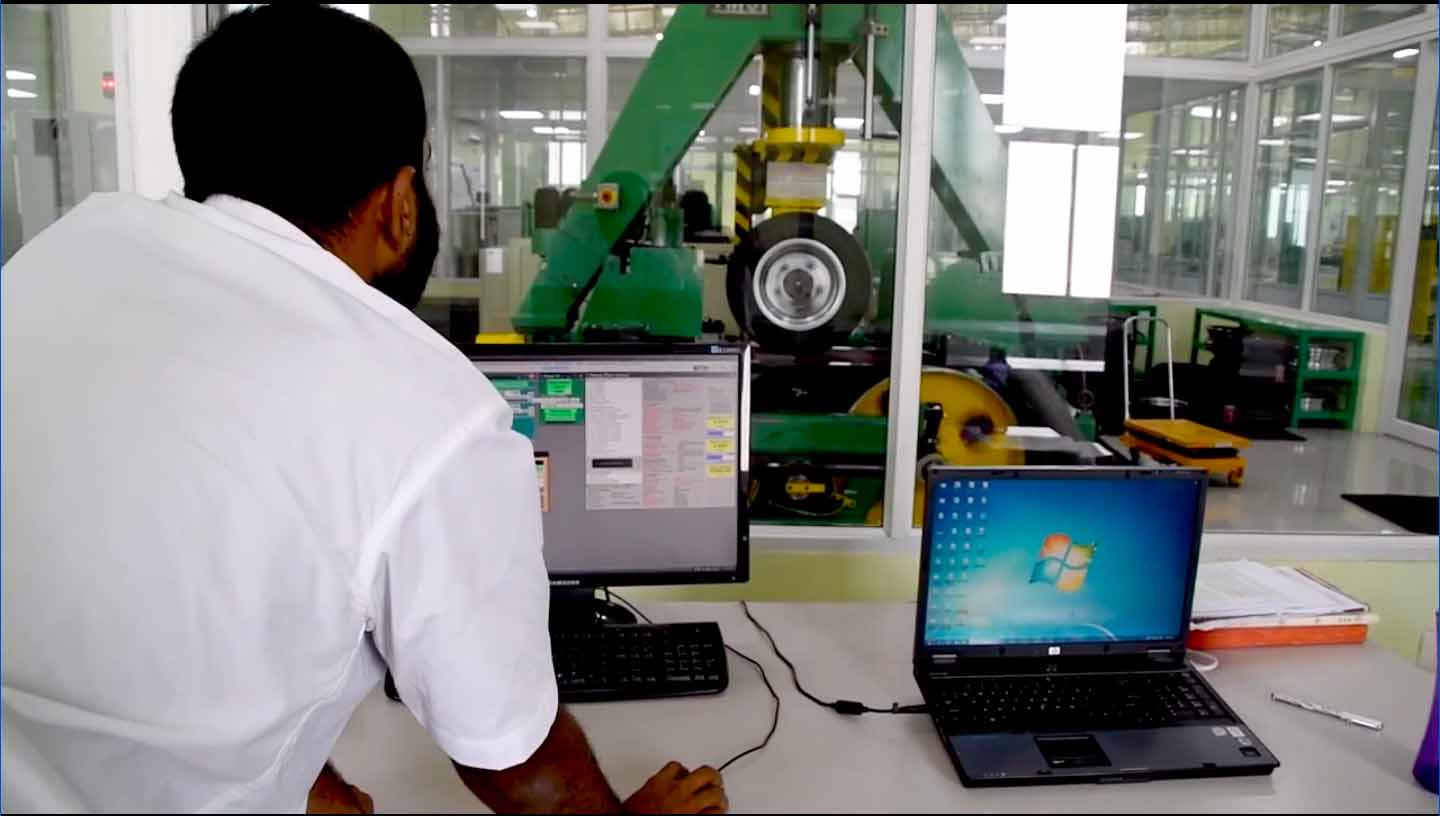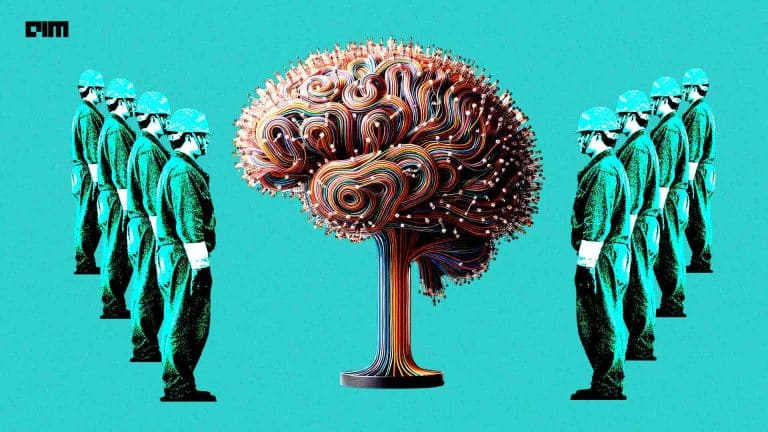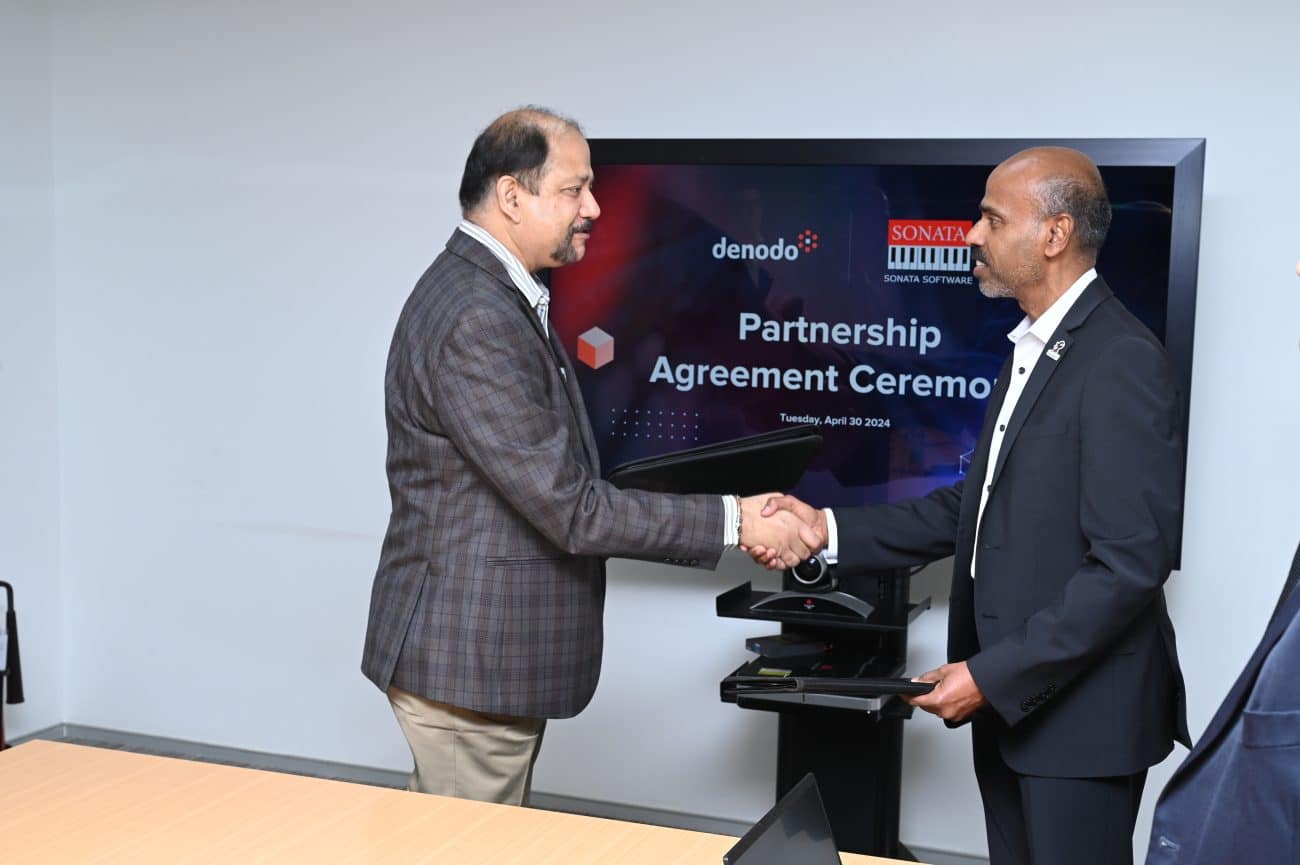While engines, batteries and transmissions have proved to be critical components of an electric vehicle, the advancements in the tyre industry have entirely revolutionised EVs for road transportation. While traditional internal combustion engine cars have specific requirements for their tyres, EVs come with an entirely different set of criteria.
Where typically, the car engines mask road-noise, the road noise from electric vehicles comes out to be more apparent as it lacks a loud combustion engine. Further, the battery usage in EVs tends to increase the whole weight of the car by approximately 20%, which, in turn, increases the demand for advancements in tyres.
With all these challenges in hand, it became critical for manufacturers to design tyres with accurate noise levels to match the required criteria. Such a case is with HASETRI lab, an independent research and testing laboratory that critically focuses on improving elastomers and tyres for electric vehicles. To deal with noise, vibration, harshness, and other tyre-related issues, the research lab conducts various tests like NVH-related tests, speed-sweep tests, as well as modal testing on tyres and other related industrial components. Thus to make the process easier, HASETRI collaborated with Siemens to leverage their automated software testing solutions that not only reduced the time required but also expanded the domains during their testing process.
To understand the use case in-depth, Analytics India Magazine got in touch with Lingineni Madhav, a test engineer at HASETRI. While explaining, Madhav stated, Siemens’s automated software testing solutions has entirely expanded the testing possibilities of noise and vibration.
Also Read: What To Expect From Tesla’s Battery Day?
How Does It work?
To facilitate the process, HASETRI leveraged Siemens’ digital industries software solutions — Simcenter Testlab software, which is an integrated solution used for testing-based engineering. This software solution is then combined with high-speed multi-physics data acquisition equipped with testing, artificial intelligence, analytics and modelling tools for various test needs.
To create an appropriate tyre for their electric vehicles, it was required to assess the acoustic properties of tyre materials and designs. The solution not only carried out reduction, innovation and quality-related tests to enhance noise level measurements at a constant speed and speed-sweep tests on tyres but also helped in performing modal testing on tyres and other relevant industrial components.
The solution — Simcenter Testlab — contains modules for acoustic testing, coating machinery, structural dynamics, vibration control, and durability testing, which enables optimisation of test channel setup, measurement validation, and sharing of results. It works only with Siemens’s Simcenter SCADAS adware for acquiring data for the model.
When asked Madhav, he said, an ideal software testing solution is required to provide ease of use along with engineering flexibility with simulation. While working, the engineers have noticed that the automated software testing solution reduced the required time for data acquisition and data processing, with the flexibility to analyse and create reports.
Alongside, with regularity bodies becoming more stringent regarding electric vehicles, monitoring new drive, noise measurements, fuel concepts, tightened ecological specifications, increasing vehicle classes, and increasing diversification has become a challenge for engineers. Thus, accurate and reliable results on critical NVH tests at designated test tracks across India have become mandatory for measuring the noise level.
To explain the workflow of Simcenter TestLab, Madhav mentioned that the solution optimised the testing process by measuring real-time data. Here the users can validate, process and use real-time data while acquiring and monitoring it. Once the measurements are completed, it also offers a variety of analysis and processing tools like Offline CANBUS, RPM extraction tools, sound diagnosis tool, Time Signal Calculator, Modal curvetting, operational deflection shapes, and fatigue damage calculations. With the solution, HASETRI was able to generate reports and can share them to stakeholders and business leaders.
Real-time data processing while simultaneously recording throughput time data.
Another benefit of automated testing solutions is the ability to access different domains during the testing process rapidly. For simulation and test integration, the solution interfaces with simulation codes, which includes Simcenter 1D Amesim, Simcenter Nastran, and Simcenter 3D. With these, the users can compare the test results against simulation results and can process simulation data with Testlab algorithms. Further, it will also allow models to be used as virtual channels while processing the sample data.
The testing includes durability, modal, spectral analysis, waterfalls, and orders.
Additionally, while working with SCADAS hardware, the solution can convert analogue transducers to digital signals with sample frequencies ranging from up to 204.8kHz. It also comes with a variety of transducers such as microphones, accelerometers, strain gauges, LVDTs, CAN bus, cameras, GPS, etc. The hardware is modular, thus makes it perfect for electric vehicle application.
Finally, it is an open software platform, that allows exporting and importing a variety of file formats, starting from Simcenter test lab projects, CADA-X database, WAV, 3D motion files, NASTRAN, and standard data file to name a few.
Also Read: Data Analytics & A Sound Battery Management — The Future Of Electric Vehicles
Conclusion
With increasing pressure on improving the quality of electric vehicles, the requirement for NVH type end-of-line testing for manufactured products is growing rapidly. It remains crucial to test, validate, and optimise real-world designs within the constraints of shorter testing cycles, conflicting performance requirements, increasing product complexity, and reduced costs.
When asked Suprakash Chaudhuri, VP & MD for Siemens Industry Software, India — he stated that, with Siemens’ right software testing portfolio, HASETRI managed to create flexible and scalable testing infrastructure for streamlined multidisciplinary measurements for its electric vehicles.



















































































